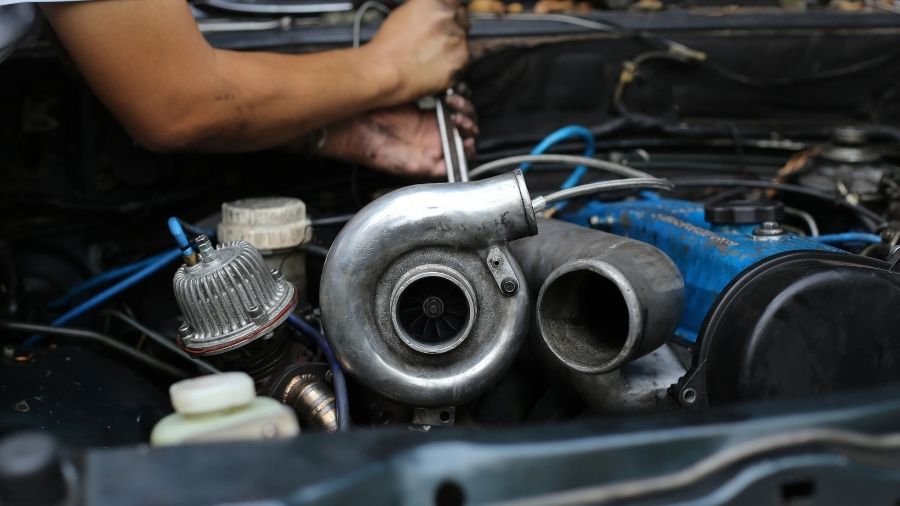Have you noticed that when you step on the gas, your car isn’t responding the way it used to?
If your car has enough fuel and is in good shape, it should be responding when you press on the gas pedal.
If you’re noticing a hesitation or lack of response, there are a few different reasons your car isn’t accelerating properly, and you should investigate it sooner rather than later. Doing so will protect you in situations when you need power, like merging or passing.
Faulty Mass Air Flow Sensor
Attached to the inlet air cleaner, the mass air flow sensor measures the air coming into the engine intake system. When it’s faulty or even dirty, it sends the wrong data to the car’s internal computer and miscalculates the air and fuel mixture.
Turbocharger Lag
Turbocharger lag happens at low speeds when there isn’t enough power to boost because the engine needs a few moments to produce enough pressure to spin the turbo. Because of this, it takes a moment for your car to respond. There are multiple ways to correct turbo lag, like adding a wastegate or sequential turbocharging.
Fuel System Issues
Every combustion engine needs fuel, and when it’s lacking, the engine has a hard time getting enough power to accelerate. There can be a few reasons your vehicle isn’t accelerating properly because of your fuel system:
Clogged Air Filter
A dirty filter blocked with debris will lower the engine’s capability to get the right amount of fuel.
Dirty Fuel Injector
Fuel injectors deliver fuel through tiny passages to the combustion chamber, and when they become clogged, the fuel delivery becomes difficult if not impossible.
Defective Fuel Pump
Fuel pumps pull gas from your tank to the engine through fuel lines, and if these become clogged, they can’t give the injectors the fuel they need, resulting in poor acceleration and even your car stalling out.


